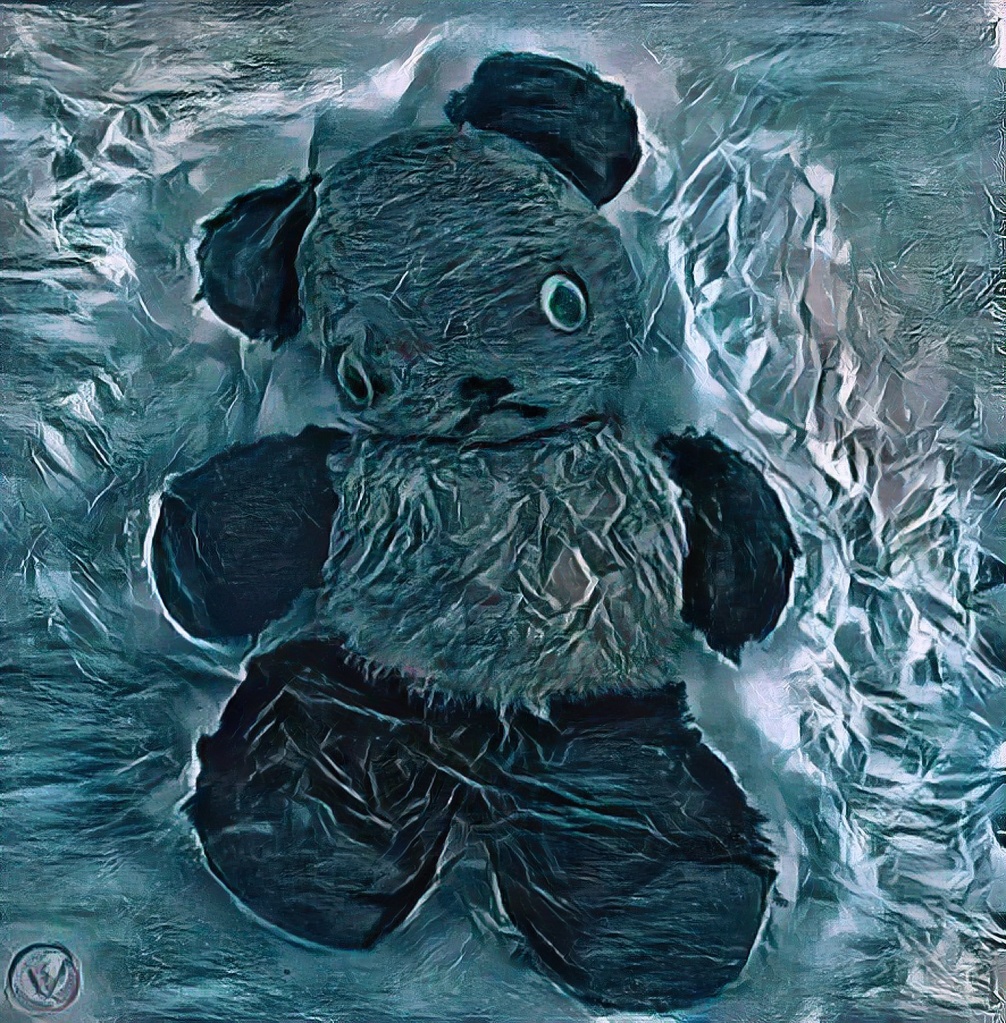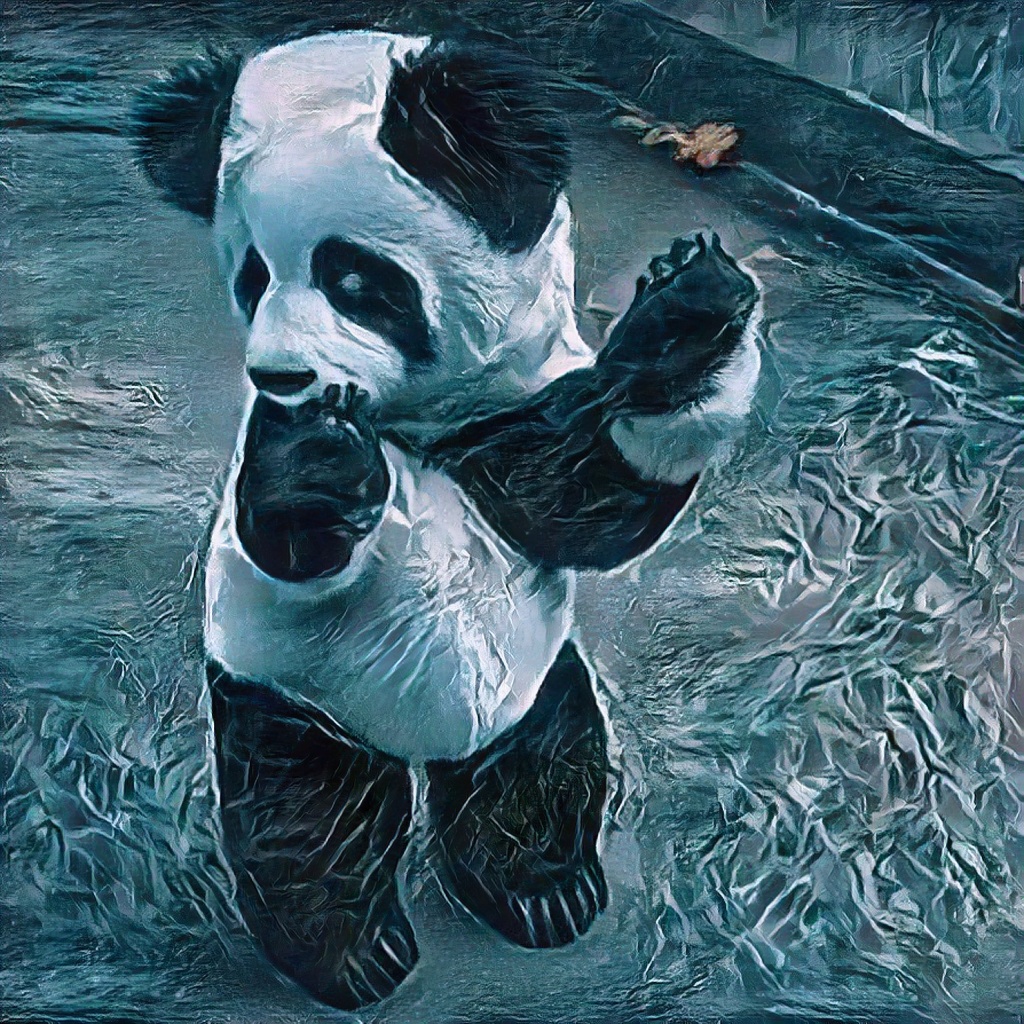Artificial Intelligence as Art now exists. This is undeniable. You can have AI paint you a picture, write you a story, compose a song for you, and clone a voice so you can use any recorded vocal sound in your work. It isn’t going to go away. Technology, once invented, continues forever. We can oppose it all we want. We can claim it’s immoral or unethical to use it. We can file lawsuits, and I’m sure people will. These abilities will continue to exist, nevertheless.
The question arises, then, as to whether we should use them.
I excitedly announced on my Facebook page that I had found software called Eleven Labs that allowed me to clone Valerie Bertinelli’s voice so that I could use it in a 3-part science fiction story I had written called “Universe Selectors, Incorporated.” In that story, my alter ego, Horace Singleman, is offered the opportunity to choose the universe in which he would like to live. He considers a universe without poverty, hunger, homelessness, or war. The Alien who offers him this chance says that’s not specific enough. There are lots of such universes. Horace needs to select one in which something less common occurs. Horace adds that in this universe, Valerie Bertinelli would text him and invite him to dinner. The Alien transports Horace to such a universe, and Horace gets both a text and a video message from her. She has 3 or 4 lines in the show.
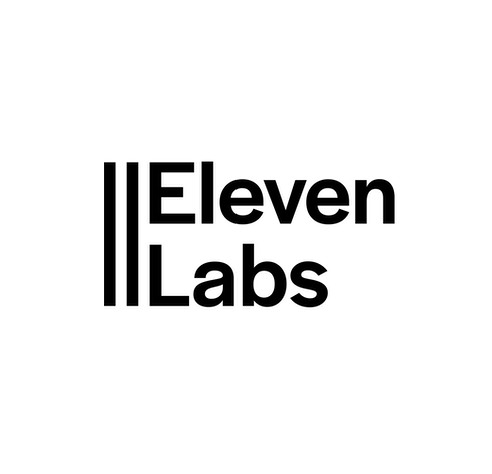
I had my friend, Jurine Elkins, play the part of Valerie Bertinelli in the original story. Jurine did a fantastic job, and I’m eternally grateful to her for her work. But now I have the chance to have Valerie read the lines herself. What could be cooler than that?
This set off a storm of commentary on my page telling me what I wanted to do was immoral.
Here are a few samples:
Name Redacted: Fred Eder Hijacking a professional actor’s voice (and/or image 😱) for use in publication is reprehensible and will expose the author to civil liability. Because you are not paying them for this… It does not make your work better. It allows you to be the director instead of the narrator.
I don’t think it is right to borrow the voice of someone famous to lend credence to your words – unless you have permission to. It does not in any way improve your “ART.” It just possibly becomes more popular when you borrow the voice of someone famous to read your blog out loud. And it is a blog – not a show. Like an audio book. They get paid for that. You can say if it’s wrong, blame the developer. I say it’s wrong to use that software for your personal gain and to someone else’s loss. It is deceptive and I don’t see how it improves anything. Unless you start going for comedy instead of edification.
First, I won’t be told what my show is. I get to decide that for myself. To say it’s just a blog is factually incorrect. I do both a blog and a podcast, and while the words are the same, the experiences are significantly different from one another. If you would like to know what my show is, I did a Primer about that topic last week.
I’m not using anyone else’s voice to “read my blog out loud.” I’ll do that for myself, thank you. I am, however, getting actors to play parts I can’t. I won’t be using Morgan Freeman to read work like this piece. I am perfectly capable of doing that myself. I like the way I read it. When I’m quoting someone else’s words, it seems appropriate to me to use a voice not my own.
When I do a theater piece, I now have the opportunity to use a complete cast of actors to play all the different roles. As has been pointed out repeatedly, I can’t do a female voice well enough to make it work. That’s why I used AI above. And when I think of getting any actors I want to read the parts I’ve written, it’s a dream come true. It’s not because it will “be more popular.” (I’m never going to be more popular, let’s face it.) It’s because I would love to have Patrick Stewart read my lines. It adds realism to my work when I don’t have to try to do all the different characters. I’m a pretty decent voice actor, but I’m not nearly good enough to play all the characters I create.
Second Name Redacted: Actors, like artists, should be given fair recompense when their distinctive qualities are appropriated by AI. You wouldn’t steal a pen, or pirate software.
There would be merit and value in AI voiceover companies developing their own stylish timbres, but anything more than a brief pastiche of a real actor is theft. Disney would sue a production using even its proprietary cartoon voices without permission. Imagine if a noted campaigner, Mark Ruffalo, say, had his voice cloned for a Big Oil promotion.
Even with a small affair like yours, Fred (and who knows at this stage what audiences it might reach), permission should be sought. Who knows, the real actor might even jump in!
This is a fair ethical concern, but only to a small extent. I was going to respond to it, myself, but one of The People On The Porch came up with what I think is a much better argument.
Third Name Redacted: I find it interesting that there is so much alarm around protecting the rights of the rich and famous while the person doing this work is struggling to pay rent.
I feel the biggest alarm should be that there are millions of people who don’t have their basic needs met and why are we okay with that, rather than arguing about the assets of millionaires and billionaires not being protected.
We really need to sort our priorities out…
I’m thinking of the Bible verse about Lazarus and the rich man. Lazarus was covered in sores and hoped to eat what fell from the rich man’s table.
Why are we complaining about the ethics of the poor “stealing” the crumbs from the tables of the rich and not the problem of wealth inequality that steals food from the mouths of the poor in the first place?… And until we start to change the way we think about wealth and money and justice, we will be condemning the Lazaruses for trying not to die in the streets.
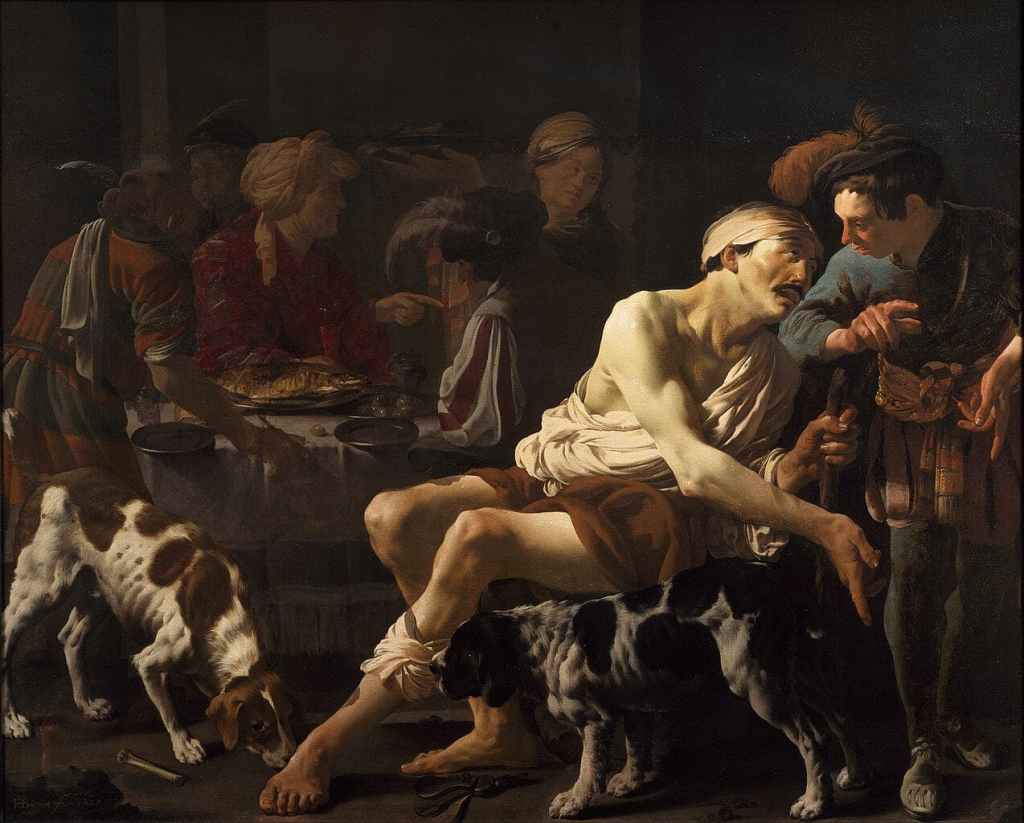
One of the things I think is important to consider is this: If I don’t use the software, the actors I would have playing my roles make zero dollars. If I do use the software, the actors I would have playing my roles make zero dollars. That outcome is identical in either case. If, on the other hand, I don’t use the software, my audio dramas can’t be improved beyond my ability to use my current software and voice acting talents to make each of my characters sound unique. If I do use the software, I can have anyone I want playing the roles I write. The advantage is in using the software.
The software exists. It’s not going to disappear if I climb on top of some intangible moral or ethical principle. Whether I use it or not, others will, and I wouldn’t be surprised if they found horrible things for which to use it. It’s easy to imagine governments, who have access to more powerful software, using it to invent nefarious lies to hurt other governments. Big businesses can do the same. I’m sure other artists will find other less than kind ways to employ this type of software.
If they get around to making it illegal, that won’t change the fact that it exists, and it will be used. If I’m not allowed to post the work I do with it for fear of copyright infringement, I will still use it and create the coolest audio dramas I can. I will just not post my work publicly. I’ll email it to a few people who I think will enjoy it. I’ll listen to it, myself, because I will enjoy it.
The same questions arise for painters, composers, and writers. I can’t paint. I can’t even draw. And while I wish I could pay my friends, Jenn or Michelle, to paint the pictures I need for my blog, I can’t. AI can do what I can’t. I still haven’t had completely satisfactory results with it, but I suspect that will improve over time. It helps my Art, and it’s free and easy to use.
I can’t write music, but I just learned about new software that should be able to do that for me, and I’m excited about this idea. If I learn to use it, my show will include music you’ll never have heard before. I love that idea.
ChatGPT can already write college level essays. Professors are working on ways to determine if it was written by software or a human. I’m sure it can write excellent fiction as well. I’m a writer. And it doesn’t bother me in the least. It can’t write a Fred Eder story. It will never be able to do that. It can undoubtedly imitate my style. It can use my ideas. But it will never have my thoughts. It can’t because I don’t even have them all, myself, yet. And if it can write a story better than I can (millions of humans can already do this), more power to it. Let’s have more great literature in the world, regardless of its source.
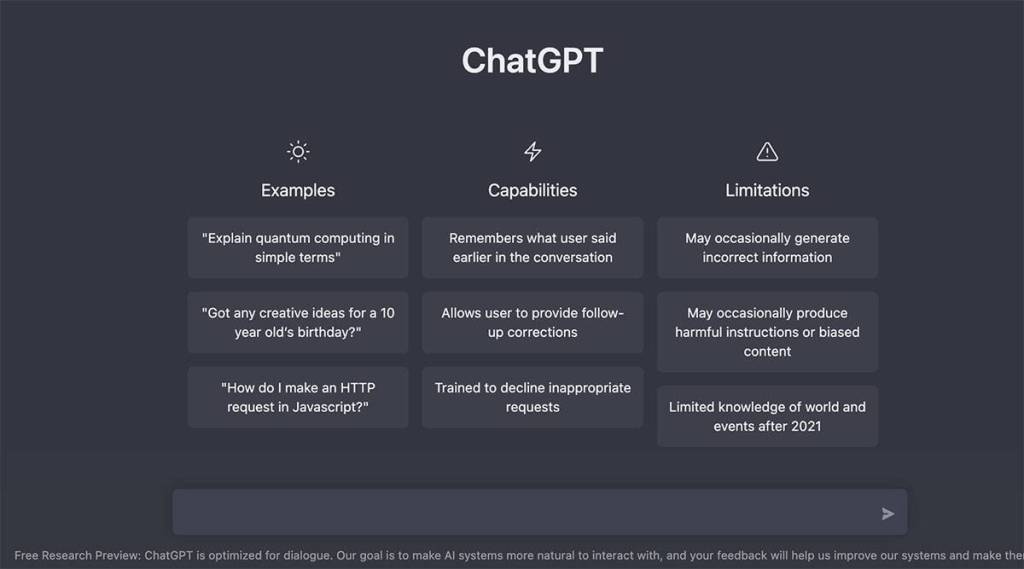
Is AI going to replace artists? It’s replacing humans all the time. That’s the central idea in The Teddy Bear Coder, and I promise I wasn’t the first, or even the hundred first, to come up with that idea. If AI can do something to help us, that’s great. If it can eliminate the need for us to “work,” in the sense of having to do things we don’t want to do so we can make enough money to live, I’m in favor of that. How many craftsmen have been put out of work by 3D printing? Cashiers are becoming increasingly rare. Tellers are seldom used. Talking to a human being on the phone at a business of any sort is generally a marathon of button pushing. You don’t always get there even then.
And, whether you or I approve or not will change nothing. We can either embrace what it can do for us, or we can fight a battle we are doomed to lose.
Henry Drummond: Progress has never been a bargain. You have to pay for it. Sometimes I think there’s a man who sits behind a counter and says, “All right, you can have a telephone, but you lose privacy and the charm of distance. Madam, you may vote but at a price: you lose the right to retreat behind the powder puff or your petticoat. Mister, you may conquer the air, but the birds will lose their wonder and the clouds will smell of gasoline.”
— Inherit The Wind Nedrick Young(screenplay) Harold Jacob Smith(screenplay) Jerome Lawrence(play)
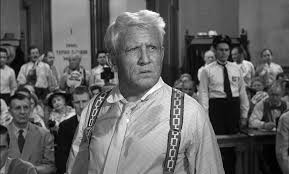
If we’re going to deal with the losses Progress creates, I’m going to make the best use I can of the advantages it brings. I won’t apologize for that. I believe I’m right. I recognize I could be wrong. I welcome your comments.
Artificial Intelligence is opening up possibilities that have never existed before. Let’s use what’s available to us to make a better world. Let’s Shine in the light of human progress, even when that progress is made by a machine.




